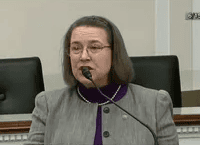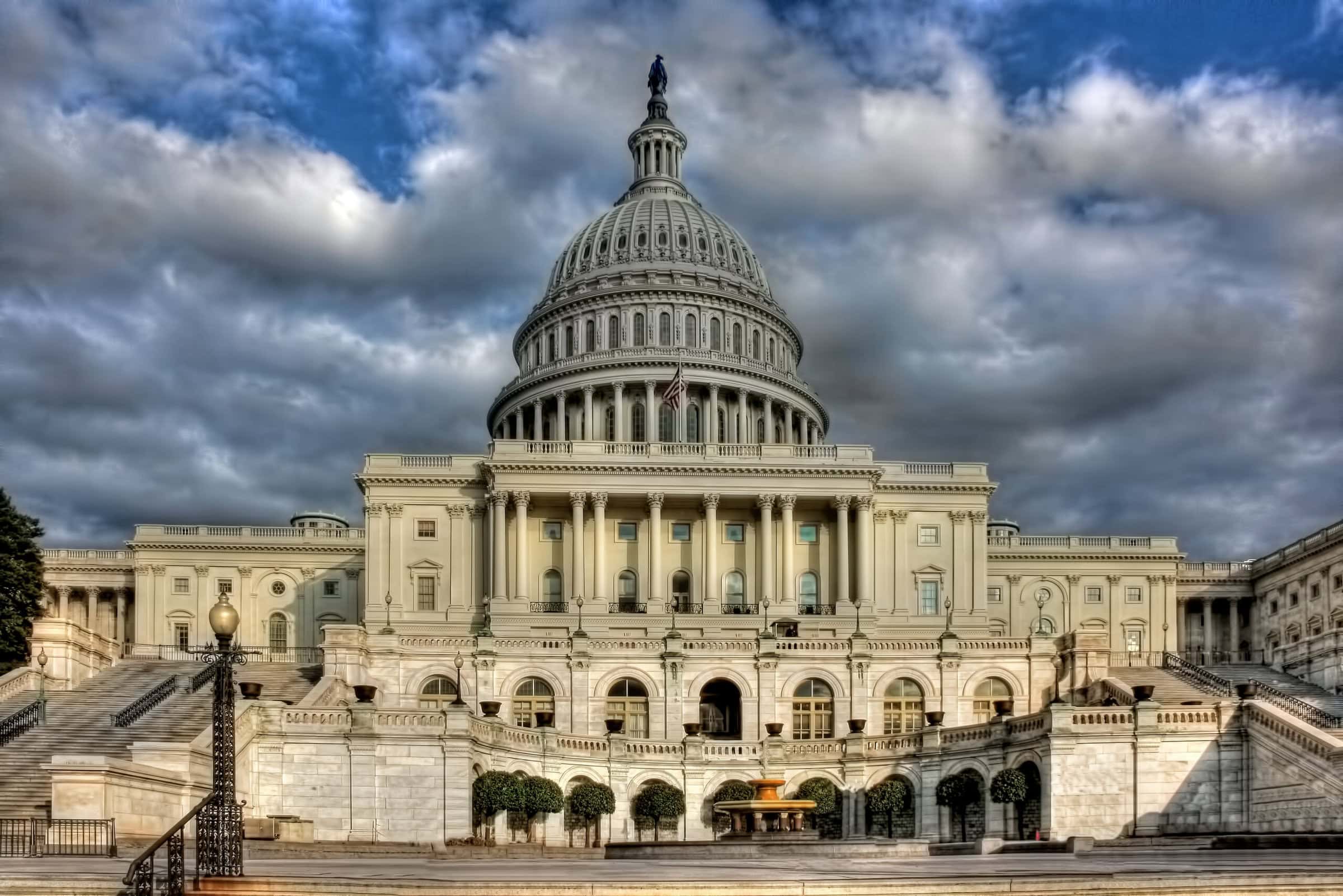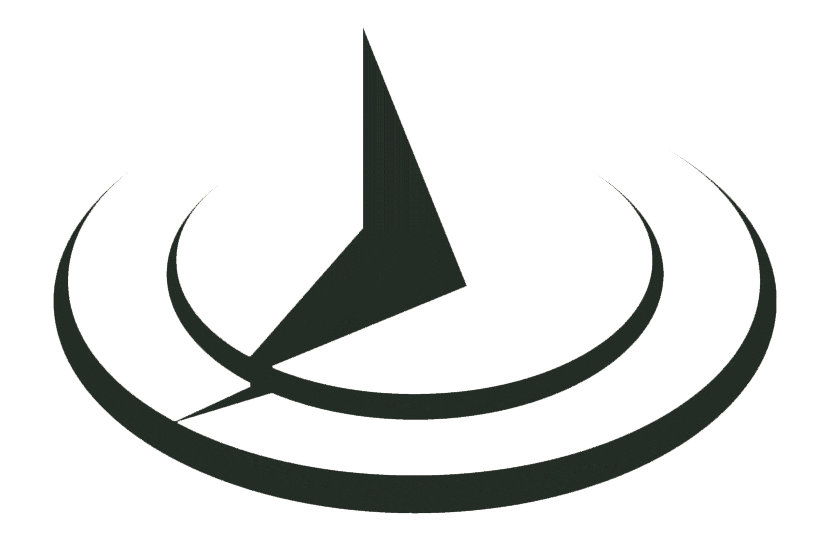The National History Center will sponsor seven sessions at the AHA’s 126th Annual Meeting, on topics ranging from environmental history to Scotland’s role in the British Empire to the future of the history major in liberal education. The center will also inaugurate a new initiative, “Historians, Journalists, and the Challenges of Getting It Right“; join in the reprise of 2011’s successful workshop, “Recognizing Excellence in Undergraduate Teaching“; and host an open forum and reception welcoming all meeting participants.
“Historians, Journalists, and the Challenges of Getting Right” is a joint venture of the National History Center, the AHA, and two centers at the University of Southern California’s Annenberg School of Communication & Journalism, the Center on Communication Leadership and Policy and the Norman Lear Center. The collaboration is based on the idea that historians and journalists can learn from each other as they both pursue accuracy and acuity.
“Imagine if journalists, under deadline pressure, had easy access to relevant historians in order to add depth and context to their stories,” said Martin H. Kaplan, director of the Norman Lear Center. “Imagine if historians who use journalism as primary source material had a more intimate understanding of how journalists craft narratives in real time. Building bridges like that, which could help both professions, is one of the aims of this project.”
The initiative’s four sessions include “American Biography and the Cold War” on Friday morning and three panels on Saturday: “Publishing and the American Century,” “Interpreting the Arab Spring,” and “American Intervention.” Each session will feature a 20-minute presentation by a historian, followed by 10-minute comments by two historians and a journalist. The remainder of the session will be devoted to conversation with the audience.
AHA Executive Director James R. Grossman will chair “American Biography and the Cold War” (in the Sheraton’s Chicago Ballroom X). Alice Kessler-Harris (Columbia Univ.) will discuss her current project on playwright Lillian Hellman, with comments by Maurice Isserman (Hamilton Coll.), Steven Ross (USC), and Victor Navasky, long-time editor of the Nation.
In “Publishing and the American Century,” to be held in the Sheraton’s Mayfair Room, Alan Brinkley (Columbia Univ.) will explore the role of Henry Luce and Time magazine, drawing on his book, The Publisher: Henry Luce and His American Century. Michael Kazin (Georgetown Univ.), T. J. Jackson Lears (Rutgers Univ.-New Brunswick) and journalist Rick Perlstein will offer commentary. The Lear Center’s Kaplan will chair.
Historian-blogger Juan R.I. Cole (Univ. of Michigan) will consider the events of last spring in historical perspective in “Interpreting the Arab Spring” in the Sheraton’s Ontario Room. National History Center Director Roger Louis will chair and Carolyn Eisenberg (Hofstra Univ.) and Leila Fawaz (Tufts Univ.) will comment, along with journalist David Moberg.
The series will conclude in the Sheraton’s Chicago Ballroom VIII with a look at American intervention, featuring Jeremy Suri (Univ. of Texas at Austin), author of the recent Liberty’s Surest Guardian: American Nation-Building from the Founders to Obama. Albert J. Beveridge III of the AHA will chair, with comments from Melvyn P. Leffler (the Univ. of Virginia), Marilyn B. Young (NYU), and Richard Reeves (Univ. of Southern California).
The National History Center will also host “The Subversive Power of Environmental History” on Friday morning in the Sheraton’s Mayfair Room. An outgrowth of the international workshop on environmental history sponsored by the center in partnership with the Rachel Carson Center for Environment and Society, Munich, in 2010, the session will feature German and American scholars on such topics as “Toxic Bodies: Women, Pollution and Power” and “Mosquito Power.”
Representatives of the three universities chosen to “field test” the recommendations made by the National History Center’s 2008 report on the history major in liberal education will discuss their experiences in a session on Friday afternoon in the Sheraton’s Parlor B. Miami University of Ohio, Beloit College, and St. John’s University of New York received grants to put the principles enunciated in the white paper into practice. On Saturday morning, in the last regular session sponsored by the NHC, also in the Sheraton’s Parlor B, an international group of historians will consider Scottish engagement with the British Empire in the 20th century.
The center will partner with the AHA’s Teaching Division, Graduate and Early Career Committee, and Two-Year College Faculty Task Force in the second Recognizing Excellence in Undergraduate Teaching workshop, this year focusing on assessment and teaching with technology. The workshop will take place on Thursday morning in the Sheraton Chicago’s Ballroom X.
Finally, James Sheehan (Stanford Univ.), the chair of the National History Center’s Board of Trustees, invites all meeting participants to join the board and officers of the center at an open forum and reception on Friday evening from 5 to 7 p.m., in the Sheraton’s Parlor C. Sheehan and Roger Louis will offer an update on the center’s programs and plans. Graduate students are especially encouraged to attend.


